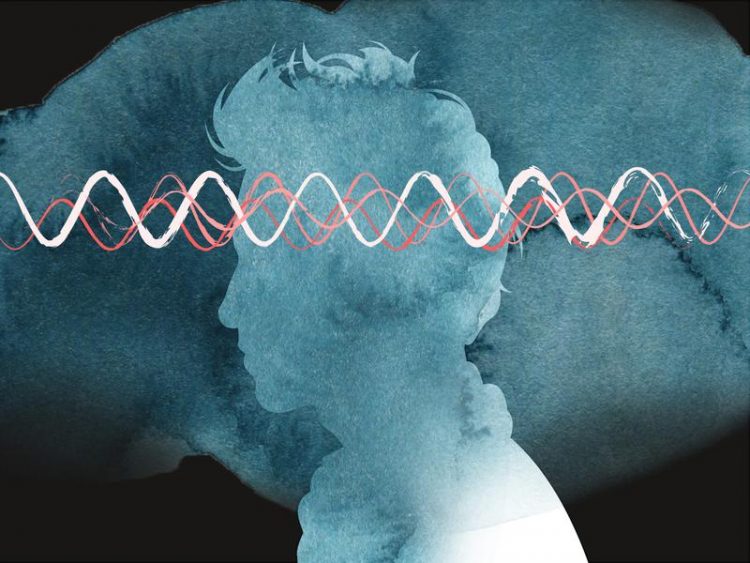Predicting the future

Predicting the future
In a joint opinion paper, researchers from the Max Planck Institute for Empirical Aesthetics, the Aix-Marseille Université, New York University and the University of Geneva call for the revision of previous theories on neuronal mechanisms of the temporal processing of music and language.
They present a theoretical approach that comprehensively integrates the interaction of different brain regions into previous processing models. For the first time, this approach makes it possible to explain both periodic and aperiodic temporal predictions.
The recognition of time structures and the prediction of a signal are basic abilities of the human brain. They are even more essential for the understanding of speech or the processing of music that goes beyond pure hearing. Previous research has focused primarily on the neuronal mechanisms that allow us to process periodic signals and make temporal predictions based on these signals. So far, it has been assumed that this happens through neuronal oscillations, which follow a repeating acoustic signal.
Current research results show that the human brain is also able to make aperiodic, i.e. not regular, temporal predictions. This fact can only be insufficiently explained by the oscillation theory alone. Using aperiodic predictions, the brain is able, for example, to estimate the course of a movement or to assess the dynamics of a conversation.
This suggests that aperiodic processes are no less important for orientation in everyday life than periodic processes and therefore – supported by a well-founded theoretical model – should be thoroughly researched.
Previous models were based on the assumption of different mechanisms for periodic and aperiodic predictions: Stimulus-driven, i.e. oscillations follow a signal, and a mechanism guided by our memory. In contrast, current research shows that neuronal oscillations in the brain are influenced by superordinate processing steps that also include aperiodic processes, whereby several brain areas are active.
“It is likely that a uniform mechanism based on neuronal oscillations, but not purely stimulus-driven controls temporal predictions in the brain,” explains lead author Johanna Rimmele of the Max Planck Institute for Empirical Aesthetics.
“Oscillations still seem to play a central role in neuronal processing – however, temporal predictions can only be comprehensively explained by a more complex examination of several corresponding brain areas,” continues the neuroscientist.
The opinion paper concludes with open questions about possible research approaches based on the model. The aim must be to further refine the new findings on a theoretical level and to underpin them experimentally.
Dr. Johanna M. Rimmele
Tel.: +49 69 8300 479 323
johanna.rimmele@ae.mpg.de
Rimmele, J. M., Morillon, B., Poeppel, D., & Arnal, L. H. (2018). Proactive sensing of periodic and aperiodic auditory patterns. Trends in Cognitive Sciences. https://doi.org/10.1016/j.tics.2018.08.003
Media Contact
All latest news from the category: Health and Medicine
This subject area encompasses research and studies in the field of human medicine.
Among the wide-ranging list of topics covered here are anesthesiology, anatomy, surgery, human genetics, hygiene and environmental medicine, internal medicine, neurology, pharmacology, physiology, urology and dental medicine.
Newest articles
Faster, more energy-efficient way to manufacture an industrially important chemical
Zirconium combined with silicon nitride enhances the conversion of propane — present in natural gas — needed to create in-demand plastic, polypropylene. Polypropylene is a common type of plastic found…

Energy planning in Ghana as a role model for the world
Improving the resilience of energy systems in the Global South. What criteria should we use to better plan for resilient energy systems? How do socio-economic, technical and climate change related…

Artificial blood vessels could improve heart bypass outcomes
Artificial blood vessels could improve heart bypass outcomes. 3D-printed blood vessels, which closely mimic the properties of human veins, could transform the treatment of cardiovascular diseases. Strong, flexible, gel-like tubes…





















